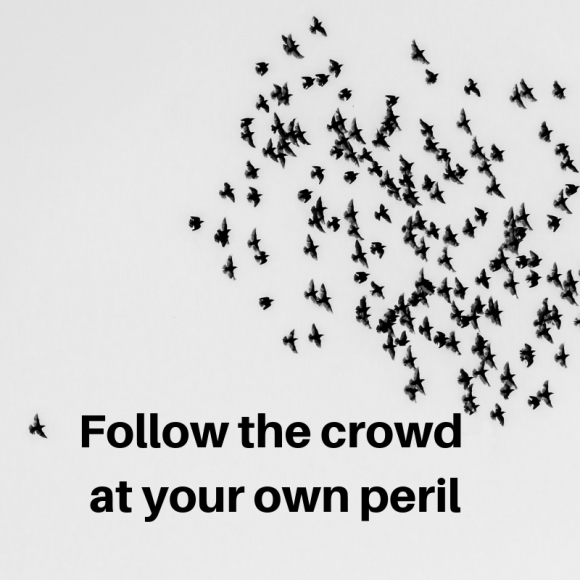Today is #worldcancerday and forgive me if I’m a bit cynical. But looking through Google’s news feed on the subject, I can’t help but wonder if today is the day journalists dug into their pile of press releases to see which ones mentioned cancer, then just regurgitated the information without doing any real research or asking meaningful questions.
Don’t get me wrong. There’s a lot of really great news out there about cancer and the potential for a cure.
But there’s also a lot of craziness that needs debunking. I get why spreading the misinformation is so popular. No one wants to think that there’s nothing they can do to protect themselves from this insidious disease. The truth is though, you really can’t: 85% of all cancers are caused by pure genetic bad luck; 5% are also the result of bad genetics that are known, such as women with the BRCA gene who have a family history of breast cancer like Angelina Jolie, who famously had her boobs cut off rather than risk a chance incurring of the disease. The remaining 10% of cancer cases can be prevented, namely by not smoking. To date, the only known cancer-causing substance is nicotine.
Nonetheless, today’s headlines are filled with inaccurate cautions and prevention strategies. This story claims that if you just stay away from certain foods or certain food packaging, you’re out of the woods. I don’t dispute that carcinogens may be found in the products mentioned. I’m just saying that there’s no scientific research that proves they cause cancer. We’re exposed to carcinogens everyday. And theoretically, enough exposure over time could lead to cancer. It’s just that at the moment we don’t know how much exposure or how much time, which makes it hard to prevent.
Then there’s this CNN story that somehow determines that a correlation between obesity and cancer somehow makes obesity a cause of cancer, particularly among millennial. Let me explain something about correlations and how they’re derived. You take one number, such as how many people are obese and plug it into a fancy formula with another number, such as how many people have cancer. If it produces a high percentage – say 80% – then mathematicians say there’s a correlation. So let’s say you take the number of pizzas sold at your local pizza place on Superbowl Sunday and match it with the number of kitten videos posted on #Caturday on Twitter and plug it into the same formula to find an 80% correlation. As a rational human being, do you really see a correlation? And can you extrapolate from it that pizza orders on Superbowl Sunday cause out-of-control cat video postings on Twitter on a given Saturday?
MD Anderson’s Dr. George Chang, who’s quoted in the CNN story, says it best: “The study was not set up to establish causation. We know there are many factors that are associated with both obesity and cancer, such as lack of exercise and poor diet. How much each of those factors contribute to cancer is less clear.” Somehow that information is buried deep within the story.
Then there’s this well-meaning piece that confuses early detection with preventable deaths when what they’re really trying to prevent is costly treatment.
“By detecting cancer at its earliest stage, we seize the greatest opportunity to prevent millions of avoidable deaths worldwide,” the Union of International Cancer Control’s chief executive officer Dr Cary Adams said. But read a little further and really what he’s suggesting is that detecting cancer can buy five year’s worth of life, which really isn’t a cure and certainly doesn’t prevent millions of deaths. Perhaps prevents millions of premature deaths would be more accurate.
The real news on World Cancer Day is what’s being done to cure cancer or at least make it a manageable disease. Unfortunately that information hasn’t percolated through Google’s news feed, although it did make my inbox. Take for example this update from the Cancer Research Institute on what’s on the horizon for immunotherapy. As CRI’s review notes, if diet has any impact on cancer at all, research shows it’s through a healthy gut microbiome. That means eating more yogurt, high-fiber foods and fermented foods or drinks such as kimchi or kombucha. Somehow that point has been missed by all the “prevention” and “eat this not that” enthusiasts.



